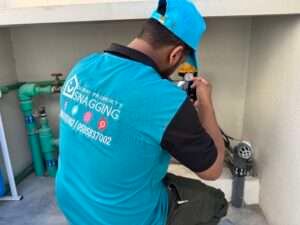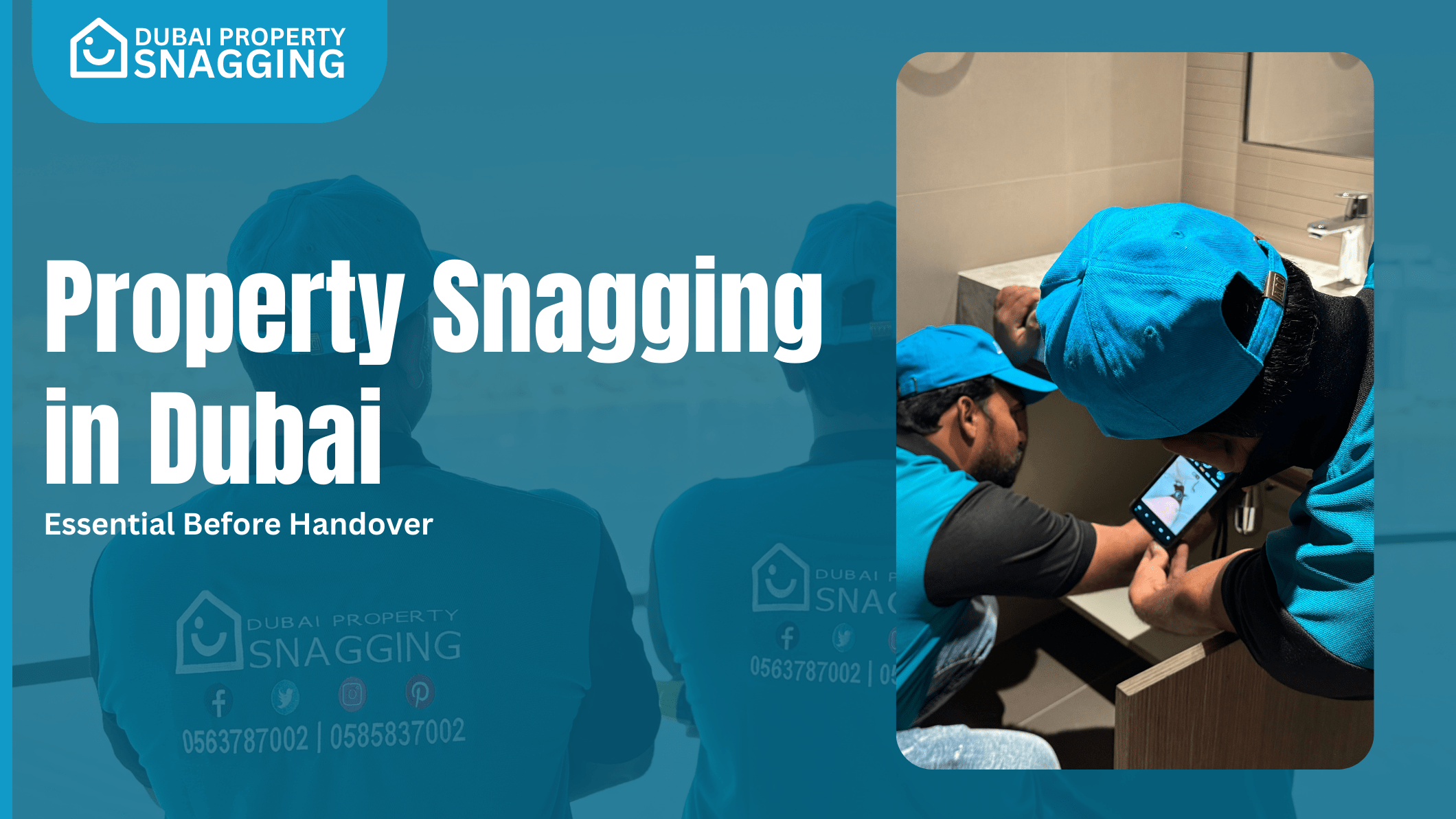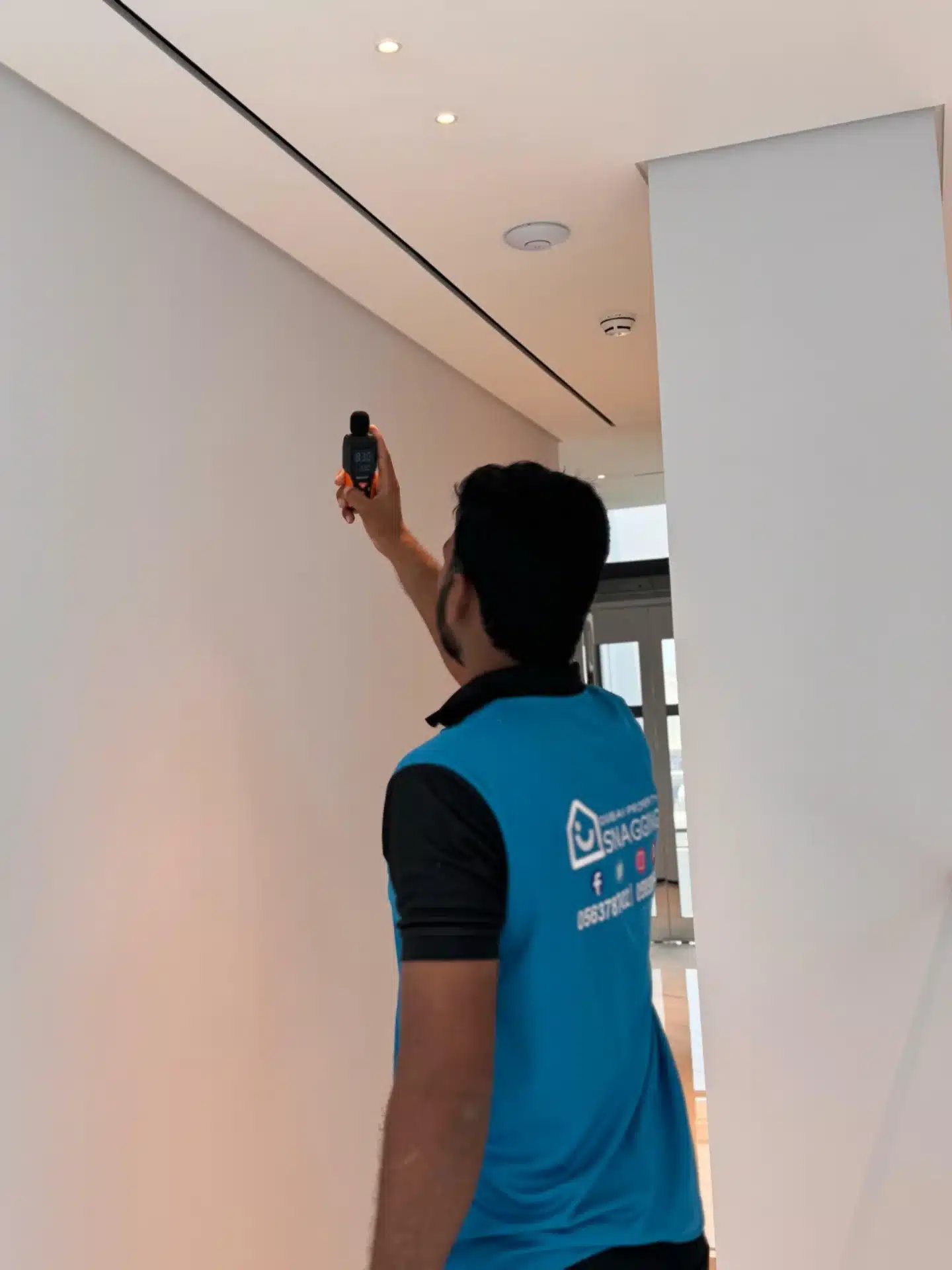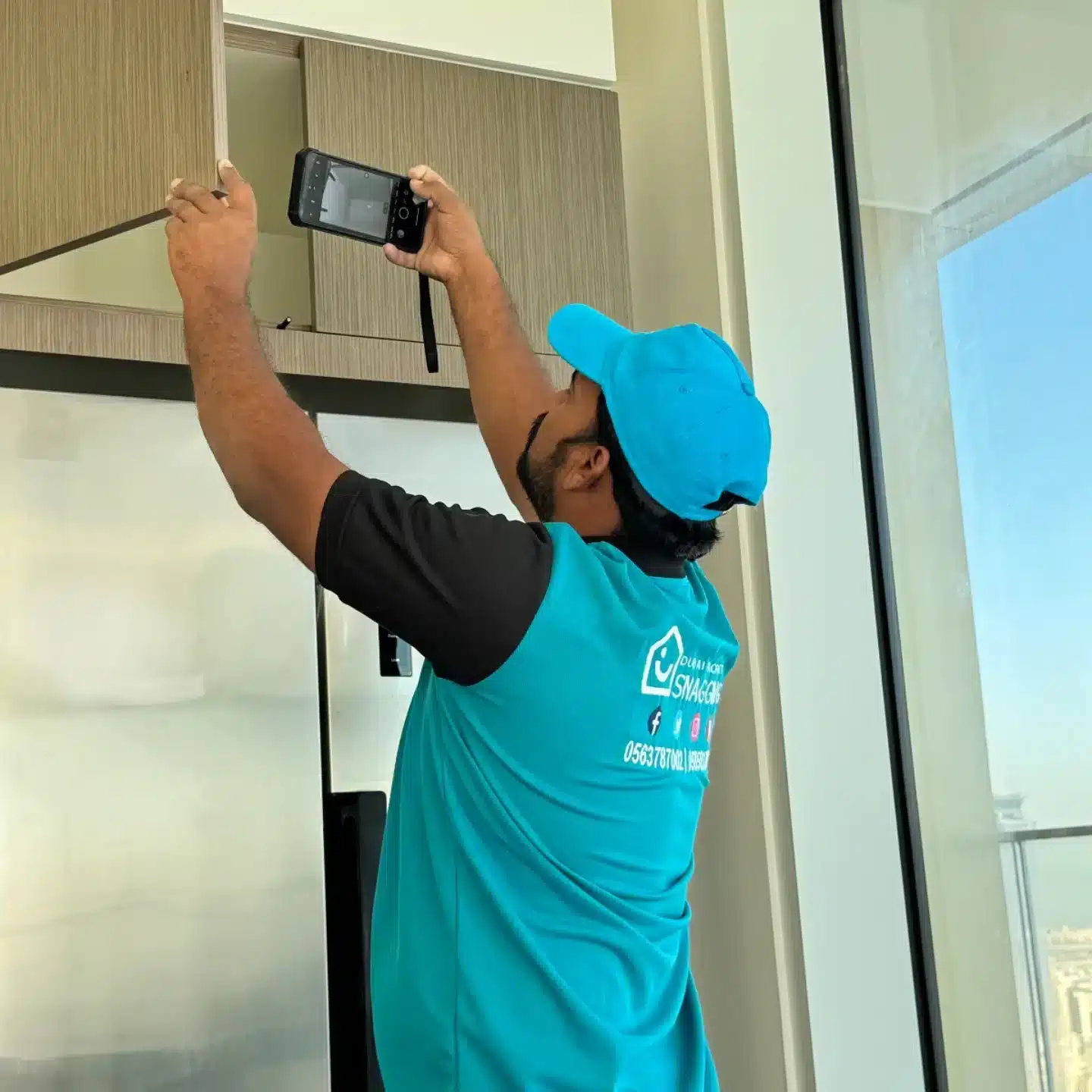Property Snagging in Dubai – Essential Before Handover
What is Property Snagging in Dubai?
Property Snagging in Dubai is a detailed inspection process that identifies defects in new properties before the final handover. It ensures that buyers receive a home free from faults or poor workmanship. Developers must fix these issues before the buyer moves in.
A professional snagging inspection helps property owners avoid expensive repairs and ensures that their investment meets high-quality standards.
Why is Property Snagging in Dubai Important?
Investing in a property is a major decision. Without a proper snagging inspection, buyers may face hidden defects that lead to costly repairs. Here’s why Property Snagging in Dubai is essential:
- Finds Construction Defects – Cracks, leaks, faulty wiring, and poor finishing are common in new properties.
- Ensures Contract Compliance – Developers must deliver properties that meet agreed-upon specifications.
- Saves Money on Repairs – Identifying defects early prevents expensive fixes later.
- Improves Property Value – A well-inspected home retains its value over time.
- Provides Peace of Mind – Buyers can move in confidently, knowing their property meets high standards.

Common Issues Found in Property Snagging in Dubai
A professional snagging inspection covers every aspect of the property. Here are some common defects identified:
- Structural Issues – Cracks in walls, uneven flooring, and weak foundations.
- Plumbing Problems – Leaks, low water pressure, or drainage blockages.
- Electrical Defects – Exposed wiring, non-functional sockets, or poor installations.
- HVAC Malfunctions – Inefficient air conditioning or ventilation faults.
- Poor Finishing – Uneven paint, misaligned doors, and damaged tiles.
- Insulation & Waterproofing Issues – Air leaks, mold, and water seepage.
How Does Property Snagging in Dubai Work?
A property snagging inspection follows a clear process to ensure thorough checks before handover:
- Book a Snagging Inspection – A professional company is hired to assess the property.
- On-Site Inspection – Experts examine every part of the home, noting defects.
- Snagging Report – A detailed document lists all identified issues.
- Developer Rectifications – The developer fixes the defects before final handover.
- Final Inspection – A follow-up check confirms that all issues are resolved.
When Should You Conduct Property Snagging in Dubai?
- Before Handover – The ideal time for snagging is before signing the handover agreement.
- During the Defect Liability Period (DLP) – Buyers can report defects within the warranty period.
- Before Selling or Renting – A snag-free property has higher market appeal and value.
Why Hire a Professional for Property Snagging in Dubai?
Hiring an expert ensures a detailed and unbiased inspection of the property. Here’s why it’s beneficial:
- Expert Knowledge – Professionals understand Dubai’s construction standards.
- Advanced Equipment – Infrared cameras and moisture meters detect hidden defects.
- Comprehensive Snagging Report – A well-documented list helps in communicating issues.
- Saves Time & Effort – Buyers can focus on moving in while experts handle snagging.
Conclusion: Secure Your Investment with Property Snagging in Dubai
Property Snagging in Dubai is a crucial step before handover. It ensures that buyers receive a high-quality, defect-free home. Whether purchasing a new property or an investment, a professional snagging inspection protects your interests, enhances property value, and prevents future repair costs.
📞 Book a property snagging inspection in Dubai today and ensure your home meets the highest standards!




